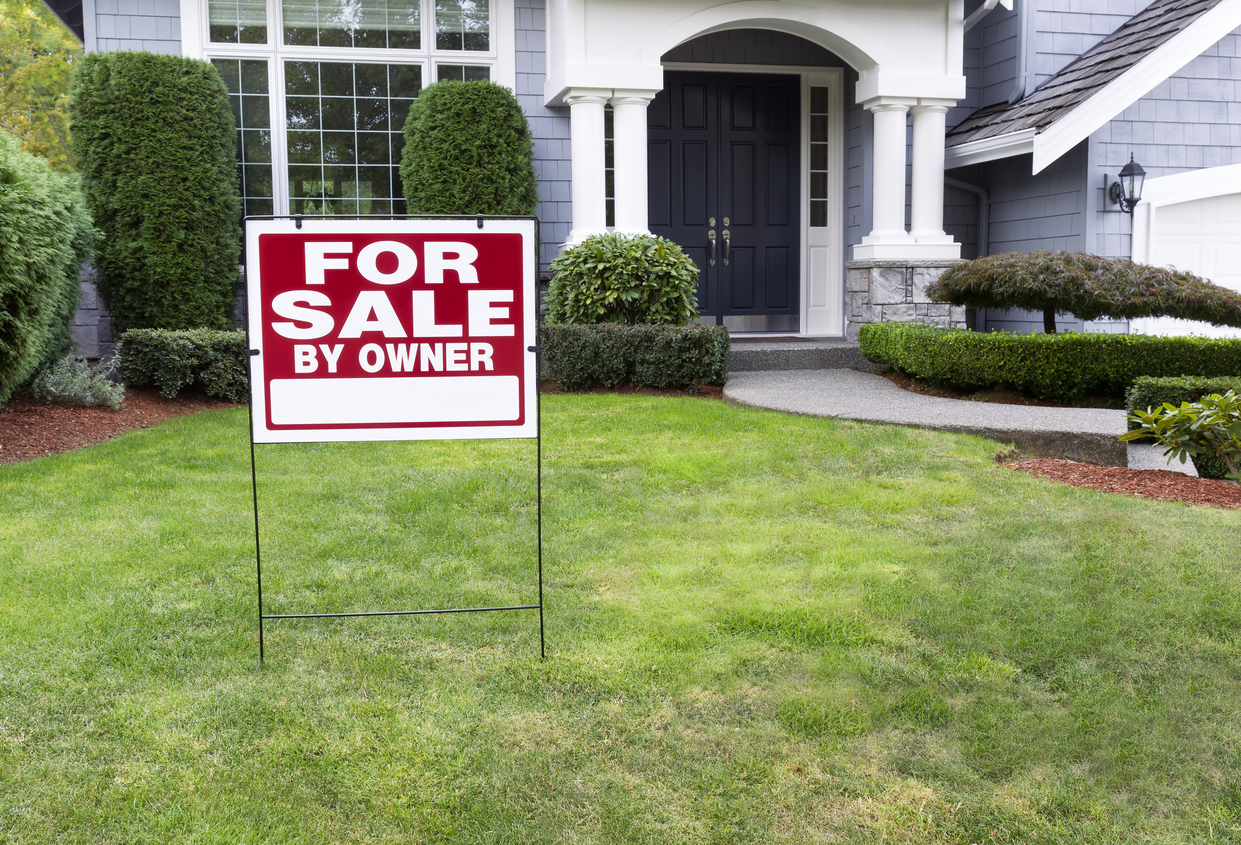By Hannah Whittenly
Determining the accurate value of a home can often be a difficult task. If you're looking to buy a new home, there are some factors that you should be aware of that can help you decide whether or not a particular listing is really worth its value. Here are four ways to find out if a home's price is really worth that much:
Home Inspection Results
Hiring a licensed home inspector is definitely something you'll want to do before agreeing to the sale. This person can check the condition of the home and look for damage that may diminish its value.
An inspector's job is to go over every element of a home with a fine-tooth comb so that no important details are missed—this includes examining a home's attic and basement. You'll be given a report after the inspection is completed.
Review Current Market Conditions
The current trends of the local housing market can greatly impact a home's value. If it's a seller's market, you may decide that the house you want to buy is overpriced. Getting a home in an area with a buyer's market can land you a better deal.
Some websites that list current market conditions will let you know what the market is expected to do over the next year. You can also review market conditions from previous years to see if the current trends are likely to remain consistent.
Comparable Sales in the Area
Look for information about other homes sold in the area that are similar to the one you're thinking of buying. Reviewing the listing prices and what the homes actually sold for will help you determine if you're getting a fair deal. It's also important to know the dates when the sales took place so that you can take current housing market conditions into consideration.
One of the best ways to find information about local home sales is to search online—many sites will provide these details. You can also ask your real estate agent about similar homes that sold in the neighborhood.
Amenities
The amenities can make a major difference in a home's value. It's obvious to expect that a house with more up-to-date amenities will be priced higher. Amenities can include new windows and a washing machine, as well as a swimming pool and hot tub.
Just because a home has more amenities, however, doesn't mean that it'll be worth your investment to pay more. Odd amenities or ones that you likely won't use may be inflating the home's value, which does little good for you. It's best to review the specific amenities and try to determine how much they're adding to the home's price before submitting your offer.
Knowing what a home should be worth can help you make the smartest decision when it comes to buying. By taking the time to do the necessary footwork, you might save yourself a lot of money on your real estate investment.
 Hannah Whittenly is a freelance writer and mother of two from Sacramento, Calif. She enjoys kayaking and reading books by the lake. If you're looking for a real estate agent, Whittenly recommends Jill Kjorstad.
Hannah Whittenly is a freelance writer and mother of two from Sacramento, Calif. She enjoys kayaking and reading books by the lake. If you're looking for a real estate agent, Whittenly recommends Jill Kjorstad.
This article is intended for informational purposes only and should not be construed as professional advice. The opinions expressed in this article are those of the author and do not necessarily reflect the position of RISMedia.








